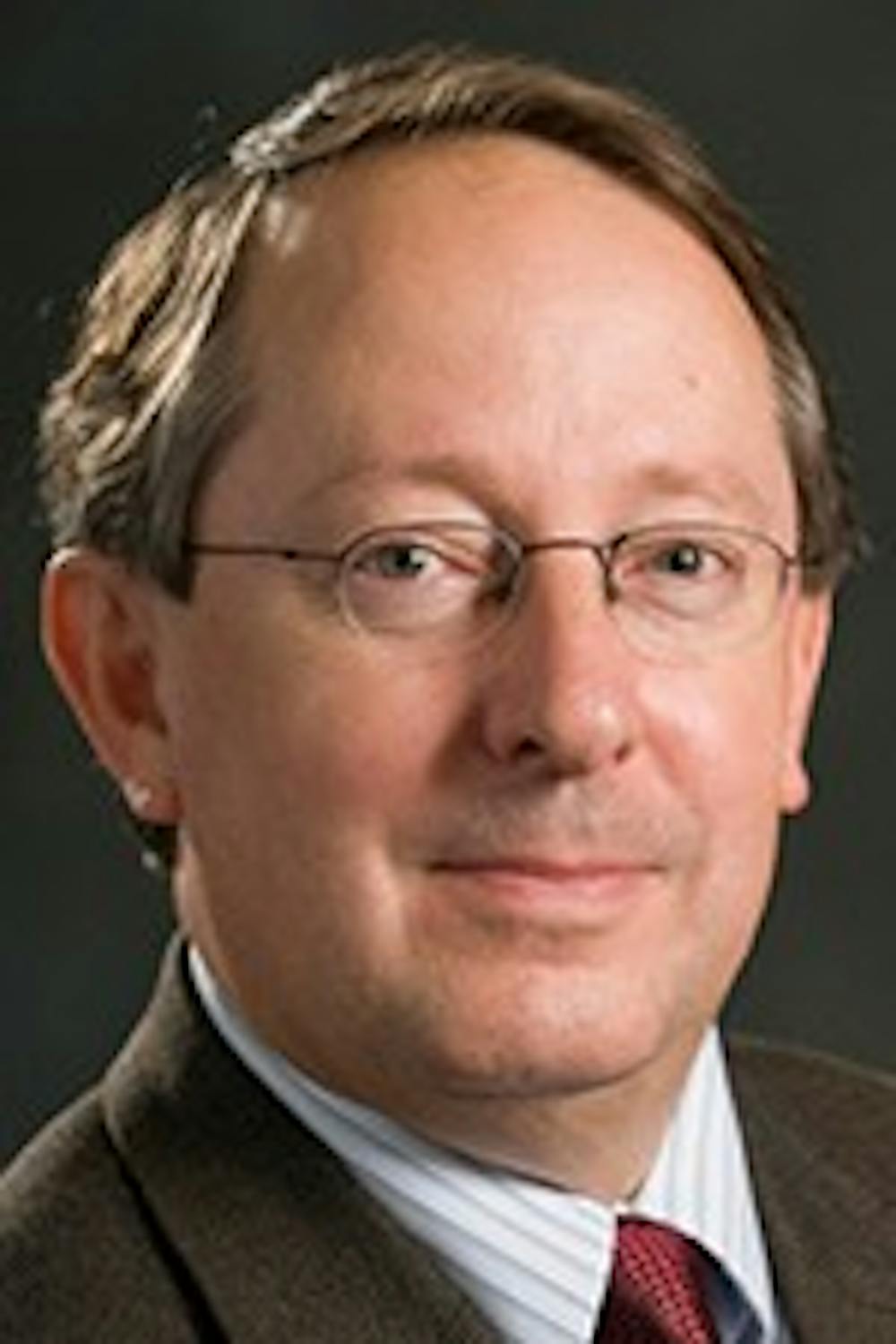Chemical engineering professor Bruce Dale’s contributions to alternative energy only begin with the driving of his Chevy Volt.
After 40 years of working on the innovation of plant-based biofuels in the alternative energy industry, Dale was honored to hear he was recognized as the 22nd scientist on Biofuels Digest’s list of the top 100 people in BioEnergy.
His work to expose the environmental harms of petroleum, paired with his strong belief in the necessity of alternative energy, has fueled his work over the past four decades.
The State News caught up with Dale to find out about his research.
-Lilly Keyes, The State News
The State News: In Layman’s terms, what are biofuels?
Bruce Dale: They’re liquid fuels — stuff that will go into your gas tank — derived from plant material. It’s stuff that was in plants, even waste greases … The types of plants will be different depending on where you live. The climate, water and so forth will help determine that.
Why are biofuels a relevant resource for today’s students?
In 2005, we passed what is called “peak oil.” This doesn’t mean we’re running out, but we reached the maximum rate at which we can make oil … There’s still cars on the road and it keeps going, (especially) in the developing world, India and China. The question is, “Where is the fuel coming from for those (countries?)” … There’s not enough of it. Also the environmental impacts are getting worse and worse, and we need to provide fuel for vehicles. We have to be able to move around to be healthy, wealthy and well-educated.
What are some of these alternatives to oil that you’ve worked on?
A lot of people put hope in electric vehicles — I drive a Chevy Volt — but electric vehicles can only serve a portion (of the population). (Batteries are) not for jet travel — the aircraft won’t get off the ground. (Batteries) won’t work for long-haul trucking … About 80 percent of what you’d haul would be the battery. A lot of this is just basic physics. Roughly half of our transportation needs could be (solved) with batteries, but the other half cannot. We must have high-energy liquid fuels in the long term, and this has to come from plant material and photosynthesis. There’s just no other source. Part of large-scale research we did in the Great Lakes Bioenergy Center was to find these fuels on a sustainable basis for the long term.
What suggestions do you have for students interested in this field?
What I suggest is people get a solid background in whatever field they are interested in — whether it’s chemistry or engineering or politics— then apply that to biofuels. That will make it more general and also make a stronger foundation. There’s lots of careers and endowments in this field… Students should find something that really interests them, and that’s what they should pursue.
Support student media!
Please consider donating to The State News and help fund the future of journalism.
Discussion
Share and discuss “Face time with Bruce Dale, one of top 100 experts in BioEnergy” on social media.







